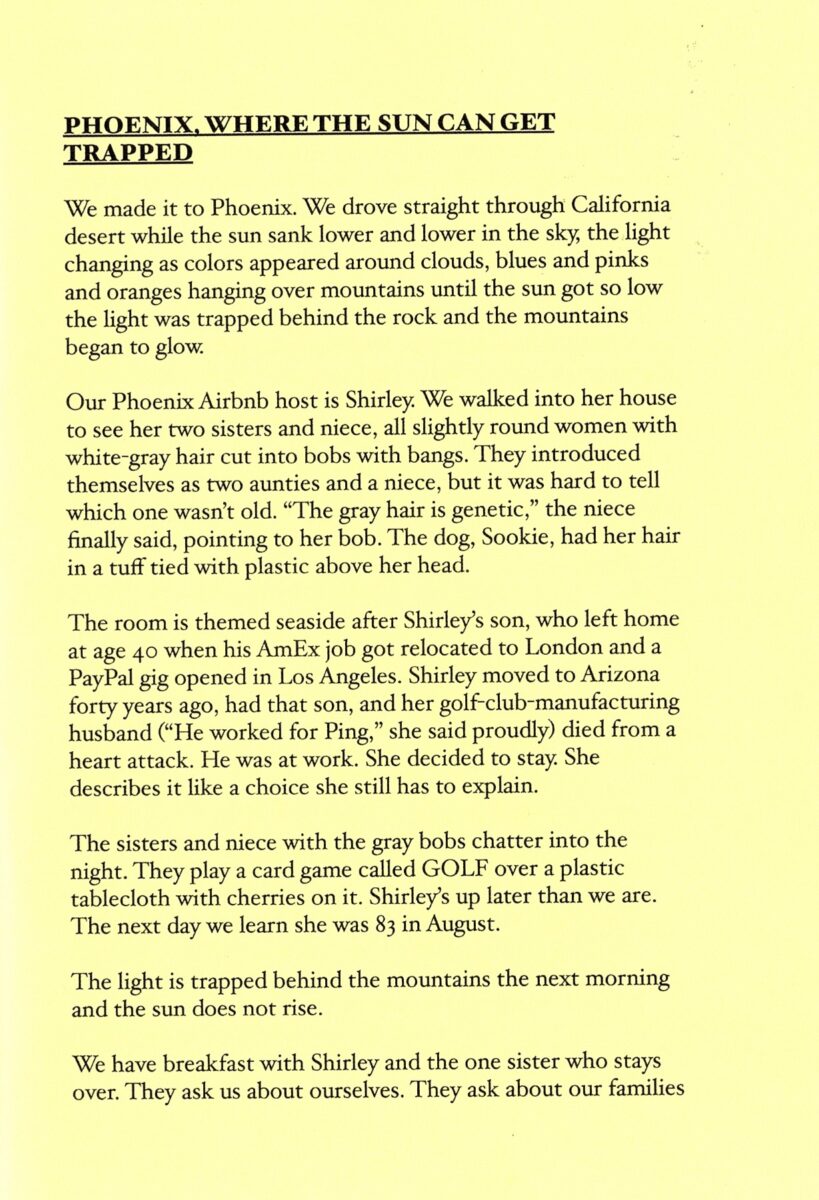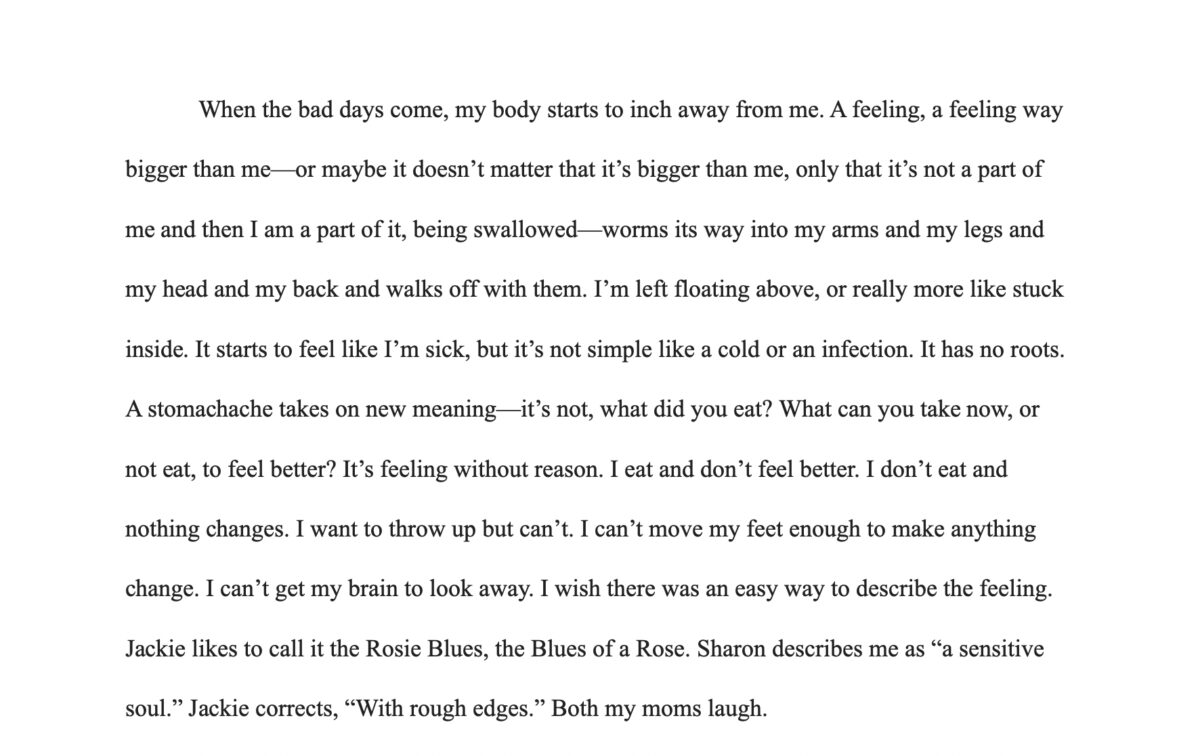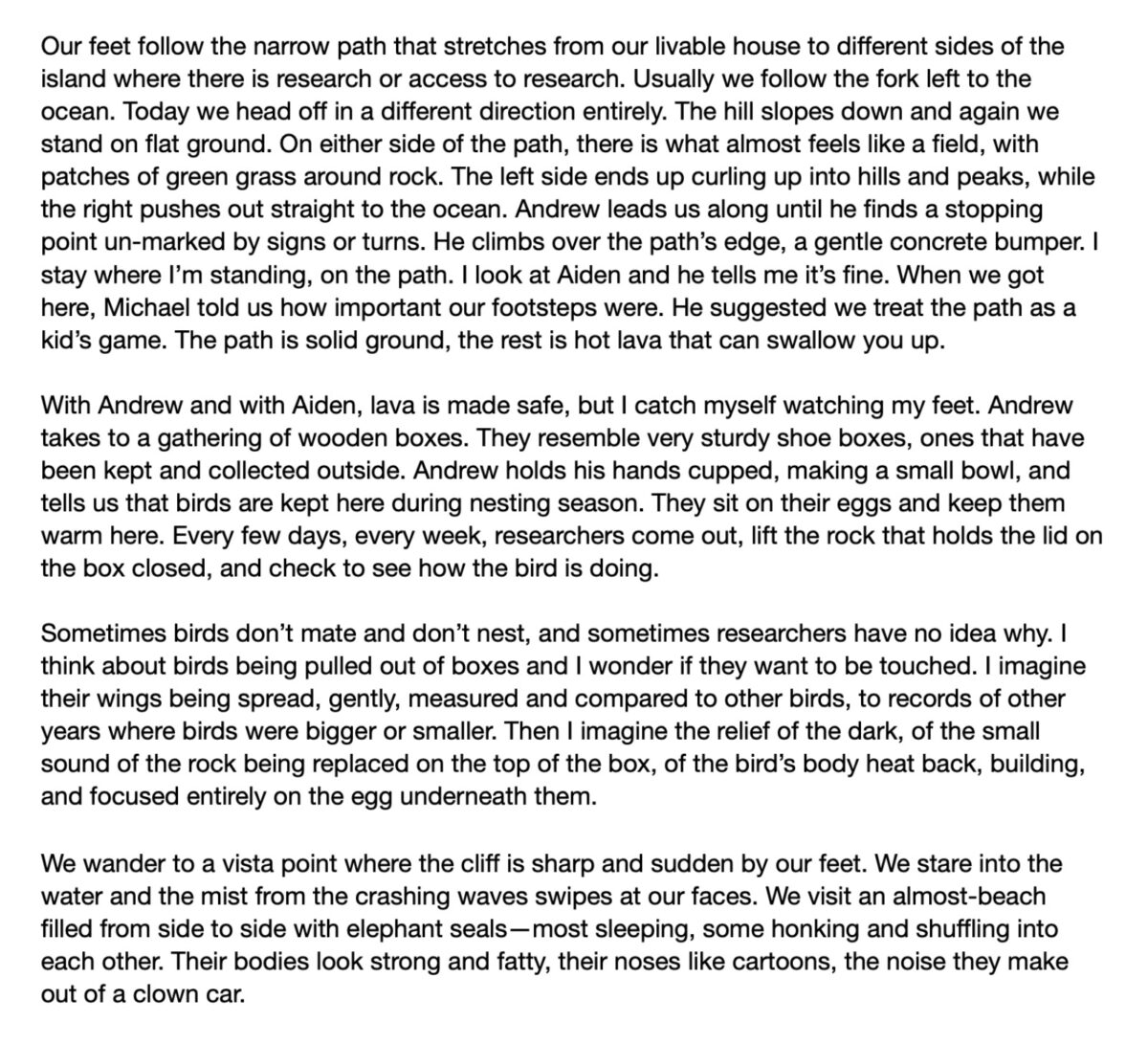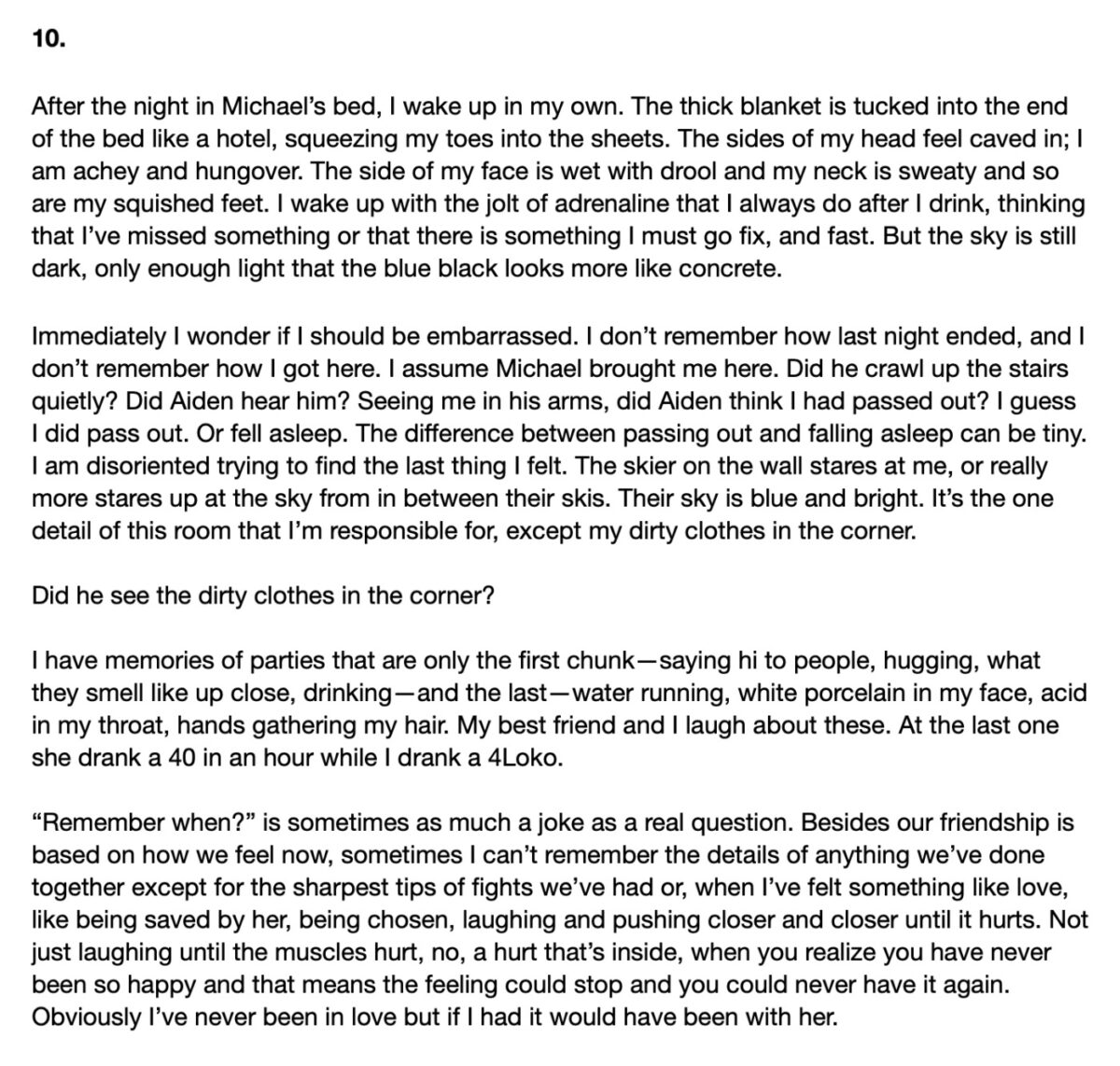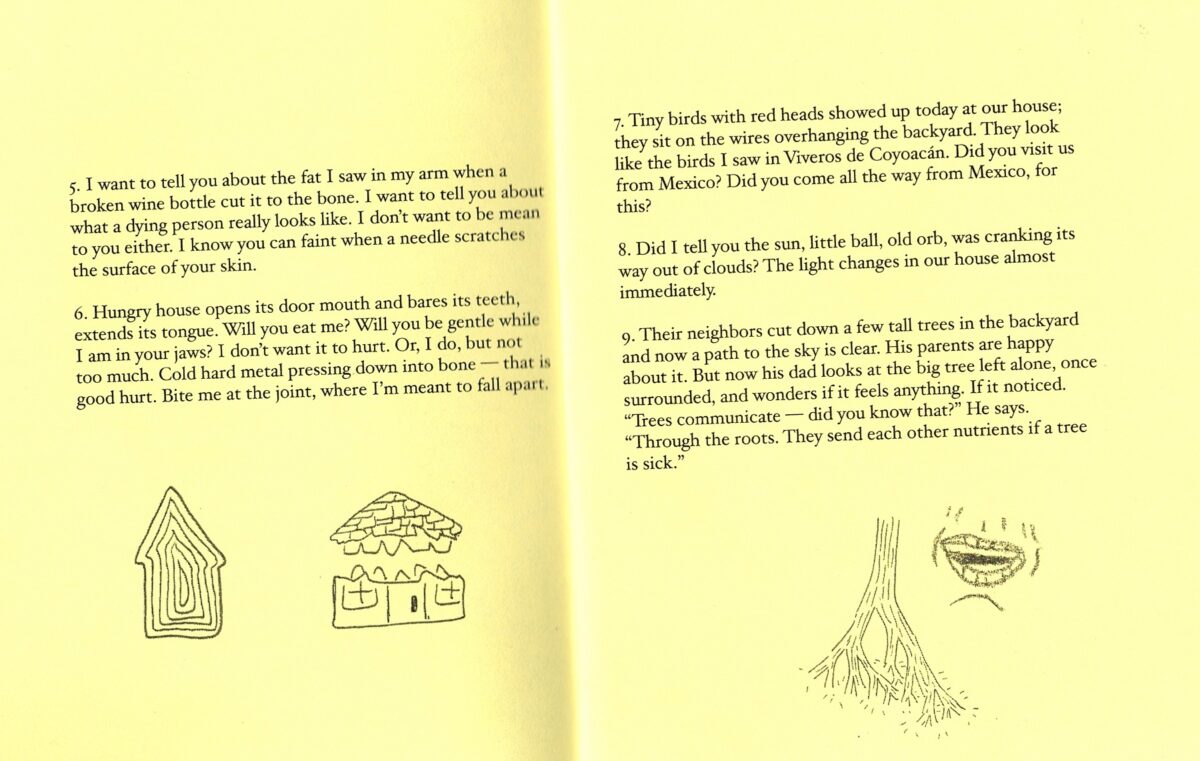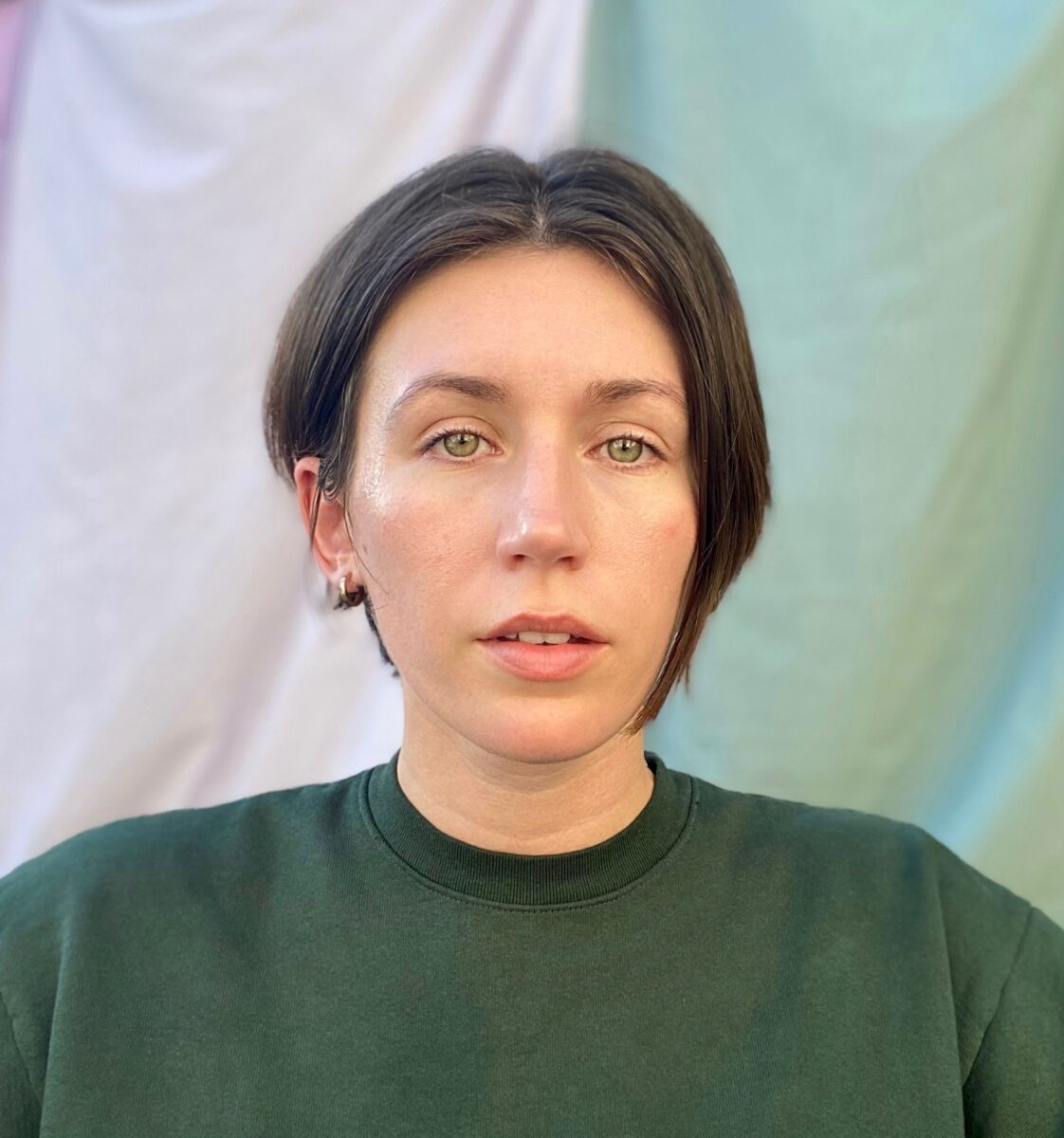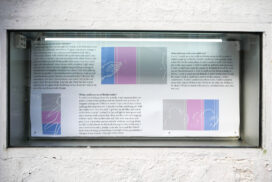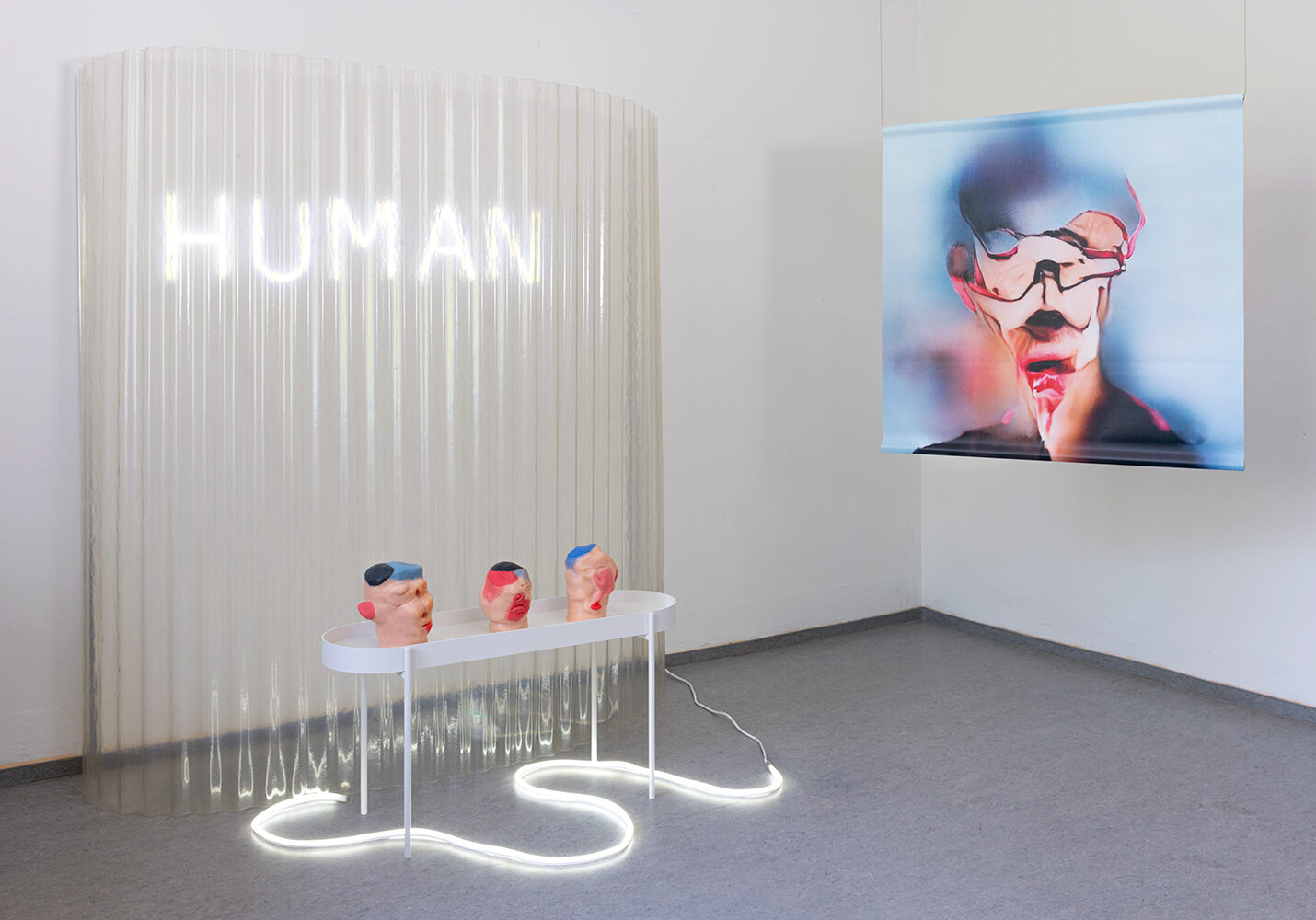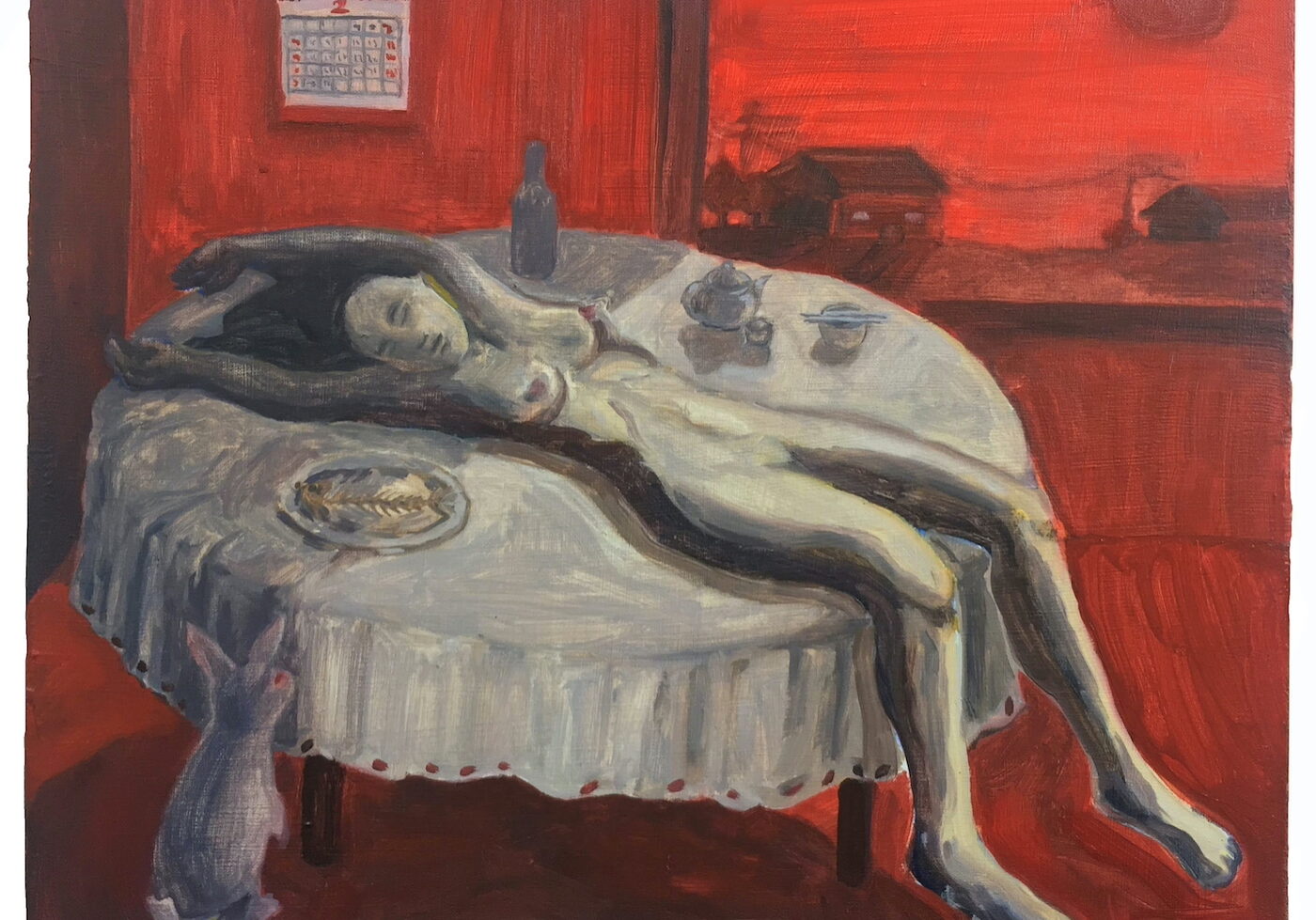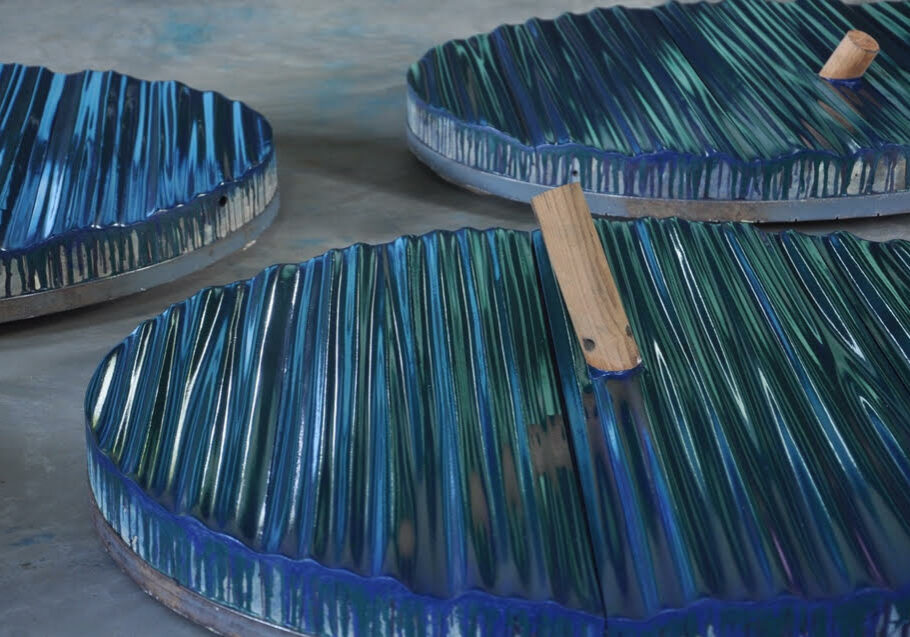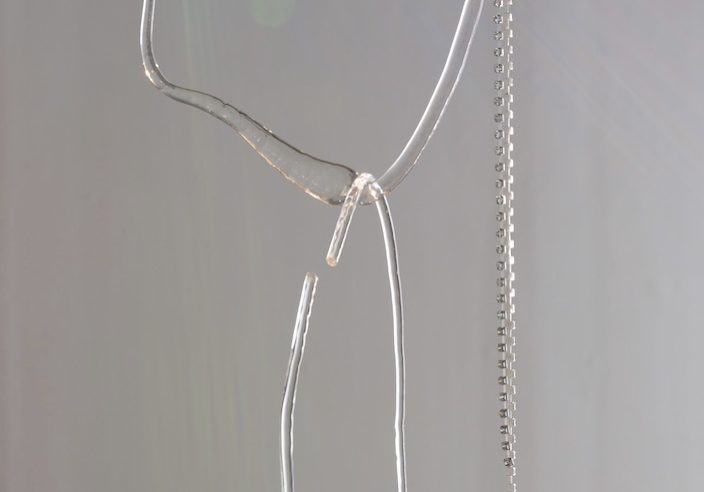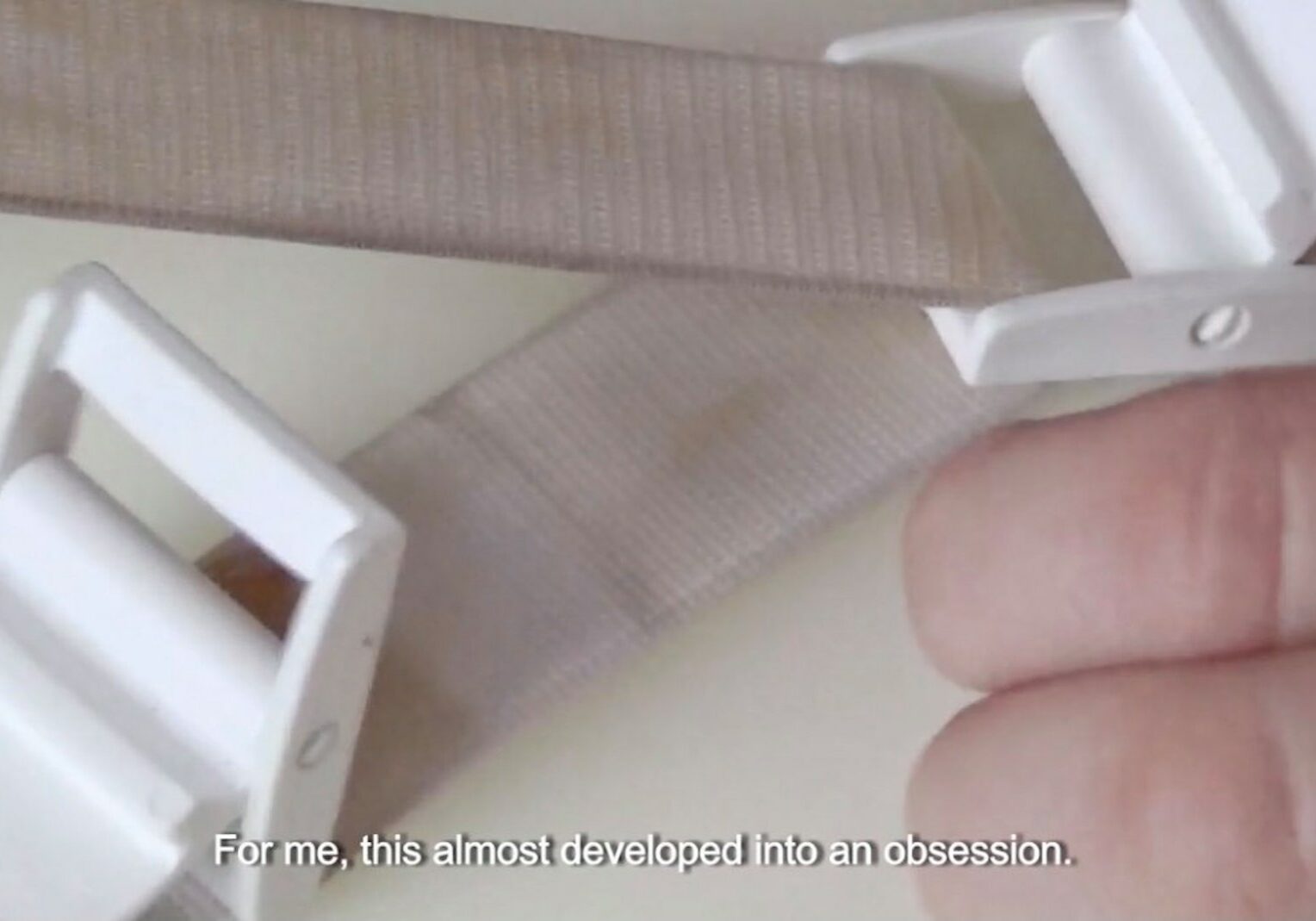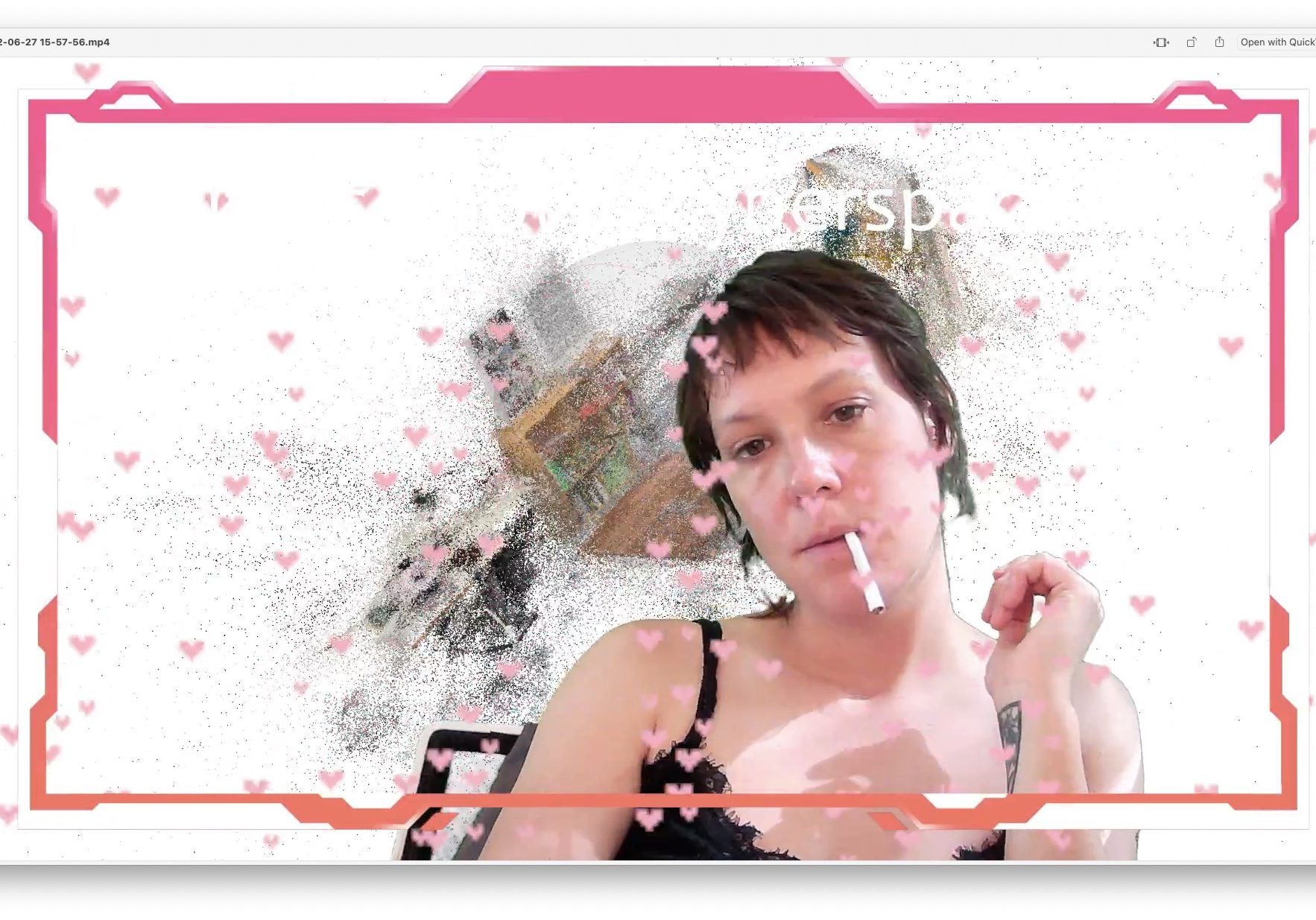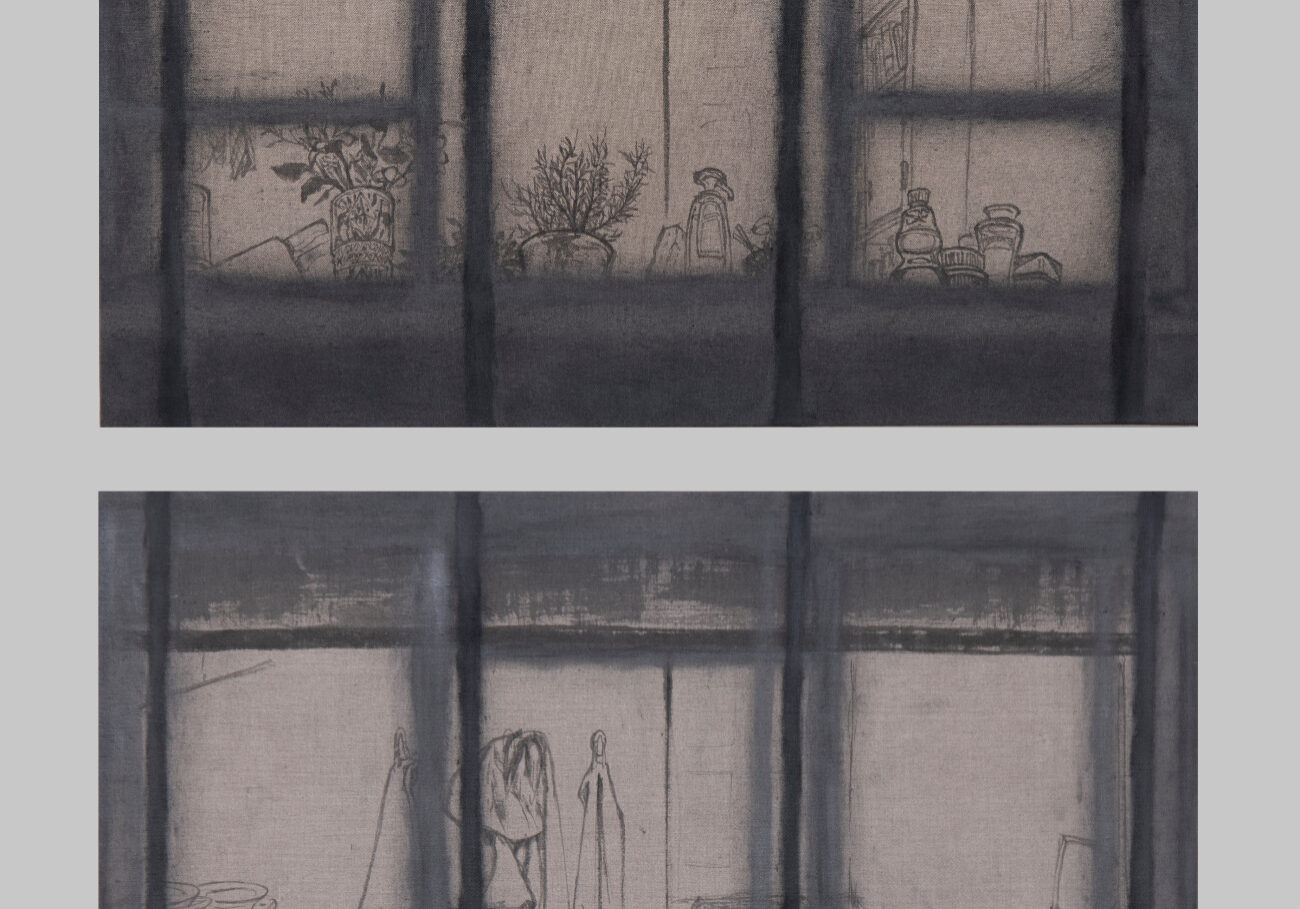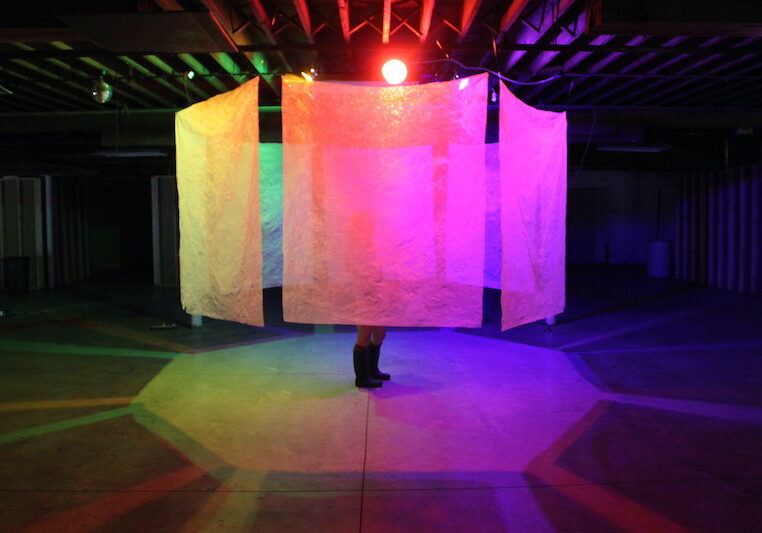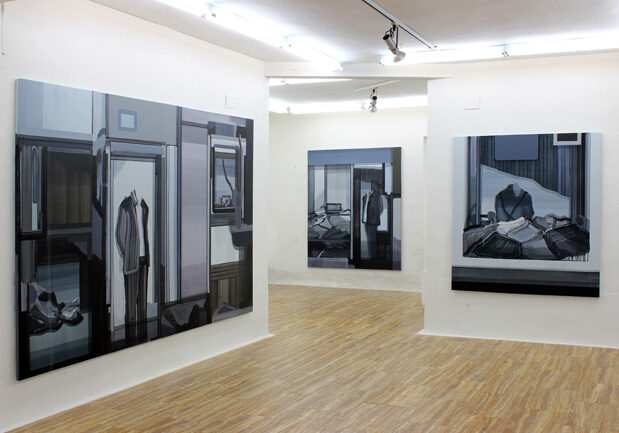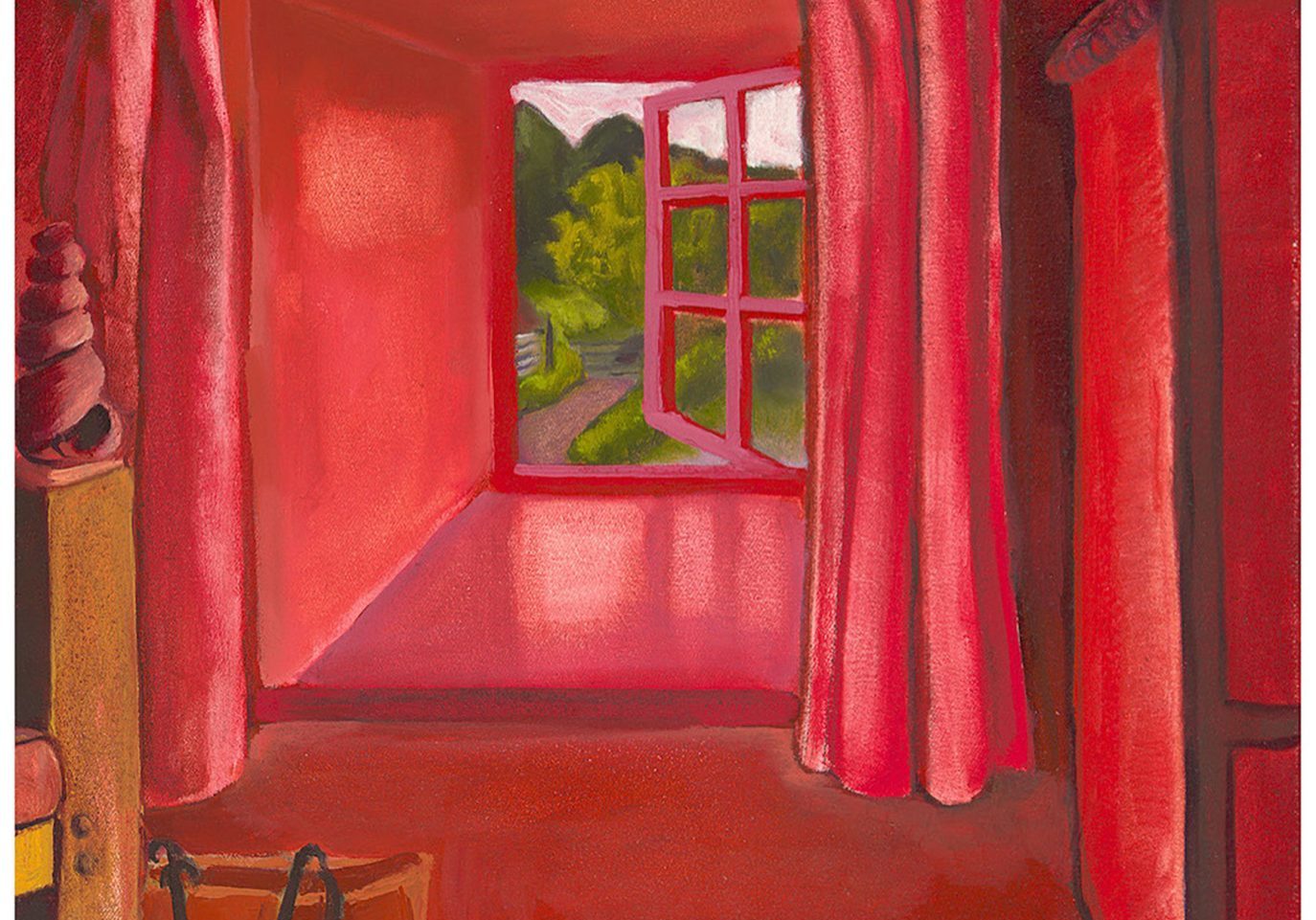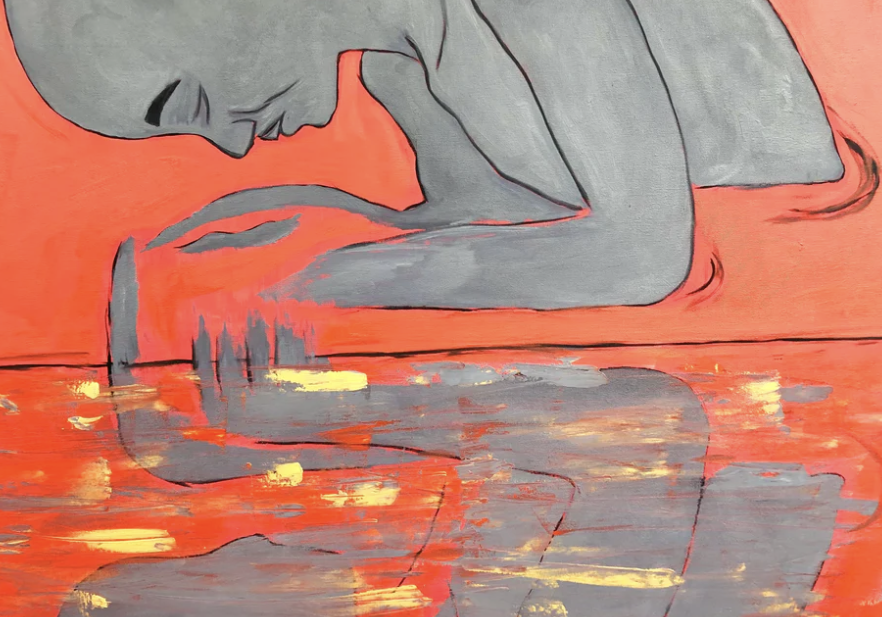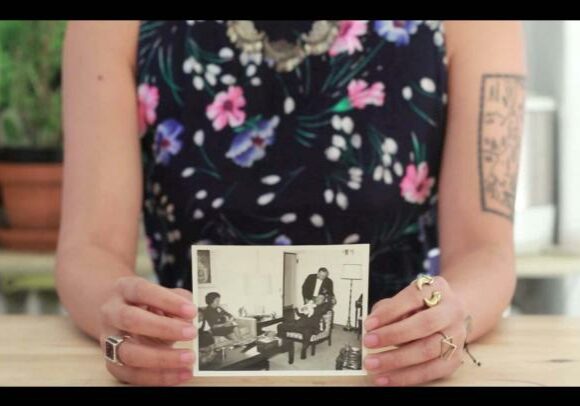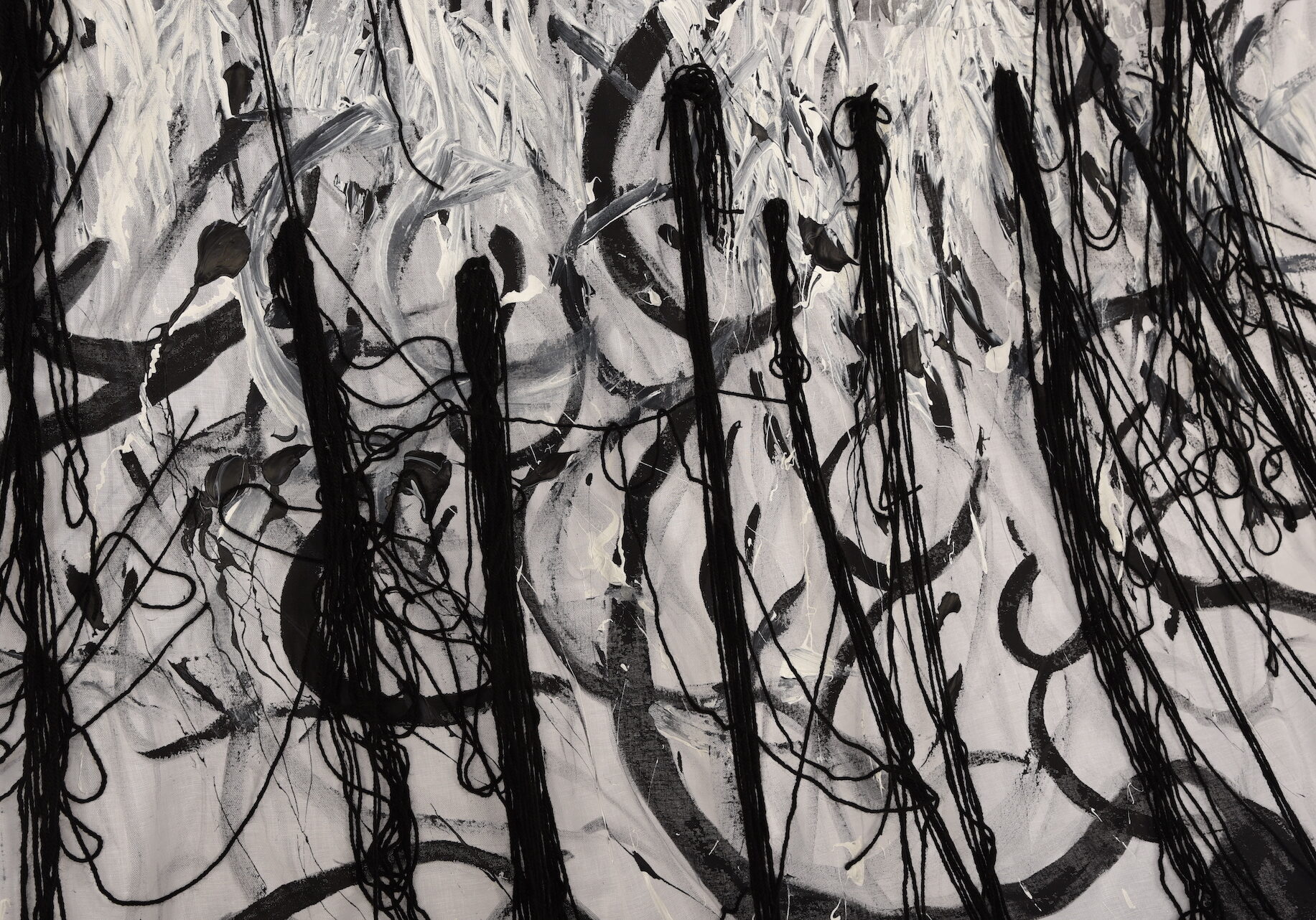My work as a fiction-writer attempts to give legible shape to time, grief, desire, and dislocation. I grew up in Berkeley, California, in a family of women. One of my moms, Dawn, died when I was 19 from breast cancer that spread to her brain, becoming a presence of memory in our house, and I tried to trace the ephemera to its source. I wanted more than anything for the relationship to continue, and that meant for the knowing of my mom to continue past her death. I didn’t find answers, exactly, but I kept telling stories about what I did find, and what it could mean about me.
In turn, my characters often come from complicated families of women, where questions around biological family and gender are differently embodied than in a straight, heteronormative family. In my first novel, ‘Rosie’, the titular main character must confront what she didn’t know she didn’t know. The rules of physics appear to be different in her house: she attempts to stop time within her family, but speed it up when she passes over to the world of her friends. The sensual world does not stop for Rosie as one of her moms dies; it warps. I wrote in the first person present tense in an attempt to ground Rosie in a trap, forcing her to push against the limits of her own description. My next novel-in-progress puts the subjunctive in conflict with the indicative as a way to explore fantasy, obsession, and desire.
What I am most interested in is what my characters do and do not know about themselves—and how their own self-knowledge may come as a surprise. Learning can live in the head before it sinks into the body, or it can grow in the body like a malignant seed, impervious to a rational knowing. What might it feel like to write from the inside, to write of a sensation before it becomes a knowing?

